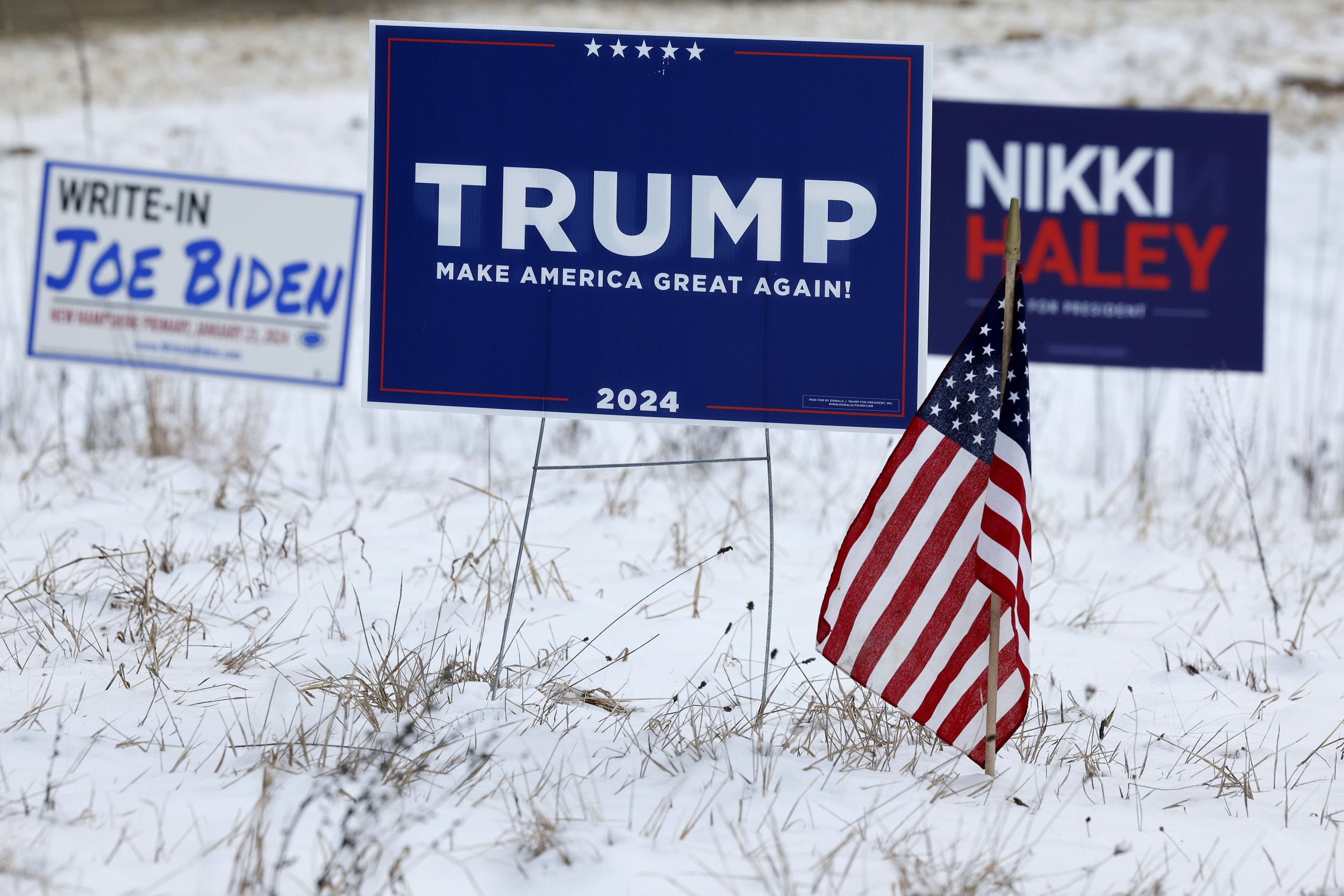
College-educated voters could swing the 2024 election in these three states
Experts told Newsweek an increased turnout of college-educated voters in key swing states could increase Joe Biden's vote share.
College grads come in all shapes and sizes, and in many respects they are very different.
During my long and spotted career I worked for mostly engineering companies and engineering-intensive manufacturers. Virtually all of my co-workers were college grads, but they were in finite subjects like engineering, accounting, and business. Few of them had studied literature, philosophy, the Arts, or even writing. In fact, few of them had ever read a novel. Most were strongly opinionated about politics and the vast majority were emphatic Republicans, long before DJT hit the scene.
Colleges are graduating more women than men these days and it wouldn't surprise me if more than half of voting American college graduates were women. But their degrees are in general a whole different matter from those I describe above. Their majors were almost entirely qualitative rather than quantitative, and I dare say, most of those degrees had little "academic rigor." The largest single grouping would be degrees in "Education" (which is not even a subject, when you get right down to it), with "Liberal Arts" coming in second. Even the "science" degrees are in the "soft" sciences like psychology, sociology, social work, poly-sci, and things of that nature.
This leads to headlines and a general belief that "most" college graduates prefer Biden to Trump. But using College Graduates as a single category is like referring to battle casualties as "injured or killed." They are two completely different things.
The only logical conclusion is that womens' suffrage was a very bad idea, from which we still suffer.
